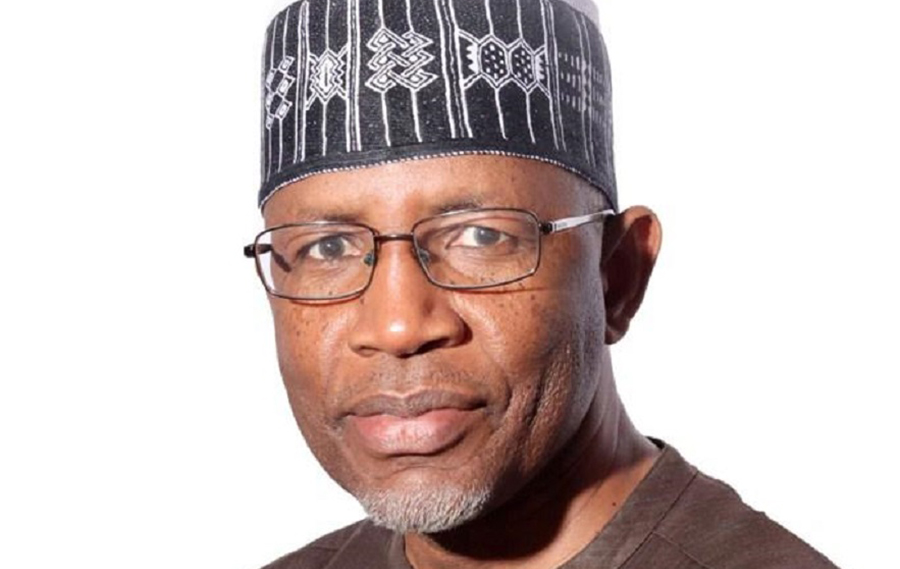A member of the Monetary Policy Committee (MPC) and the Director General of the Securities & Exchange Commission (SEC) Nigeria, Lamido Yuguda, has disclosed that the Federal Government’s retained revenue in January 2024 fell short of its budget target by 47%.
This shortfall occurred despite a 10.1% increase in gross federation account receipts, according to Yuguda’s personal statement in the communique released by the Central Bank of Nigeria (CBN) for the MPC meeting, which held from February 26 to 27, 2024, marking the first for the year.
He said:
- “The Federal Government of Nigeria (FGN) retained revenue in January 2024 was 1.7 percent and 47 percent lower relative to the December 2023 level and the budget target, respectively. On the other hand, expenditure was 3.5 percent and 15.2 percent below the December 2023 and the target, respectively.
- “This means that relative to the budget target, revenue has been more compressed than expenditure resulting in a fiscal deficit that was 17.4 percent higher than the benchmark, and at 6.1 percent of GDP the fiscal deficit was twice the WAMZ benchmark of 3 percent of GDP.”
Gross federation account receipts miss target
Yuguda said that the Gross Federation Account receipts, which amounted to N1.47 trillion in January 2024, showed a 10.1% improvement over December 2023 and failed to meet the budget benchmark by 16.4%.
This discrepancy occurred despite notable increases in corporate income tax and value-added tax (VAT) collections, boosting tax collections to 7.1% of GDP from 6.2% in the previous month.
However, these figures still fall significantly short of the West African Monetary Zone (WAMZ) tax-to-GDP benchmark of 20%.
Yuguda said:
- “Gross Federation Account receipts at NGN 1,474.43 billion in January 2024 were 10.1 percent higher than the collection in December 2023, but missed the budget benchmark by 16.4 percent. Tax collections improved significantly to 7.1 percent of GDP compared to 6.2 percent of GDP in December 2023, on account of increases in corporate income tax and value-added tax (VAT) collections. However, this level is far below the West African Monetary Zone (WAMZ) tax-to-GDP benchmark of 20 percent.”
Oil revenue dips amidst sectoral challenges
A major concern outlined by Yuguda is the 14.7% decline in oil revenue compared to December 2023, which also missed the budget target by a staggering 60.5%.
He attributed the persistent underperformance in oil output and revenue to factors such as pipeline vandalism, oil theft, and inefficiencies. Addressing these issues, he suggested, is crucial for stabilising the nation’s economy.
Yuguda said:
- “Oil revenue declined by 14.7 percent relative to December 2023 and was 60.5 percent short of the budget target. Over the past few years, the Nigerian economy has suffered persistent underperformance in oil output and oil revenue owing to decreased production attributed to pipeline vandalization, oil theft, inefficiency and a variety of other factors.”
High fiscal deficit in January
The SEC DG also illuminated the Federal Government’s fiscal situation, noting a fiscal deficit 17.4% higher than the budget target and twice the WAMZ benchmark of 3% of GDP.
He pointed out that removing the petroleum subsidy and the unification of the exchange rate has somewhat mitigated government expenditures and boosted revenues.
Nonetheless, he advocates for a stronger fiscal effort to reduce the need for borrowing and enable the Federal Government to fund its essential programs.
Yuguda also emphasised the necessity of rectifying avoidable production and revenue losses in the oil sector. Improving security around oil fields and pipelines and enforcing higher efficiency and transparency standards in the oil sector could significantly enhance government revenue and bolster the nation’s foreign exchange reserves.
